Educational toys for 2-3 year olds
Find the best toys and games to support your toddler's development.
Shop all educational toys&poi={$this.metadata.pointOfInterest.x},{$this.metadata.pointOfInterest.y},{$this.metadata.pointOfInterest.w},{$this.metadata.pointOfInterest.h}&scaleFit={($this.metadata.pointOfInterest.x>0)?$sfpoi:$sfcenter}&sm=aspect&aspect=3:2&sfcenter=center&sfpoi=poi&qlt=50&fmt=auto&noiser=0&fmt.jpeg.interlaced=true&fmt.jp2.qlt=40&)
From puzzles and scavenger hunts to ball games and water play, there’s lots of fun ways you can help develop key skills with simple, creative and engaging activities.
Toys for brain development
Expand their learning
Help them think about cause and effect through simple activities like water and sand play, turning the pages of a book, and pressing buttons. Build routines and introduce instructions - learning through play is the best way.
Activities to try...
Carousel
Toys for physical development
Fine & gross motor skills
From picking up small things with their fingers to running and jumping and using their whole body, developing motor skills through movement is super-important for healthy growth.
Activities to try...
Carousel
Toys for social development
Communication & friendship
Their independence and curiosity is growing as they make new friends. Activities such as reading, singing and roleplay, will help your child understand the world around them – expanding their knowledge, language and imaginations too.
Activities to try...
Carousel
New and popular toys for 2 to 3 year olds
Get them learning, moving and talking with the help of toys that encourage fun. Whether you're looking for everyday toys or the perfect gift, here are some of our favourite toddler toys.
Slider Grid
Other key development
Potty training
Typically a child will begin to show signs that they are ready to begin potty training between 18 months - 3 years of age. Here are some signs to look out for to help you know when they're ready:
- They are aware when they have a wet or dirty nappy.
- They will tell you when they are going to the toilet.
- They know that they need to go and will say so in advance.
- They may fidget or hide when they need to go.

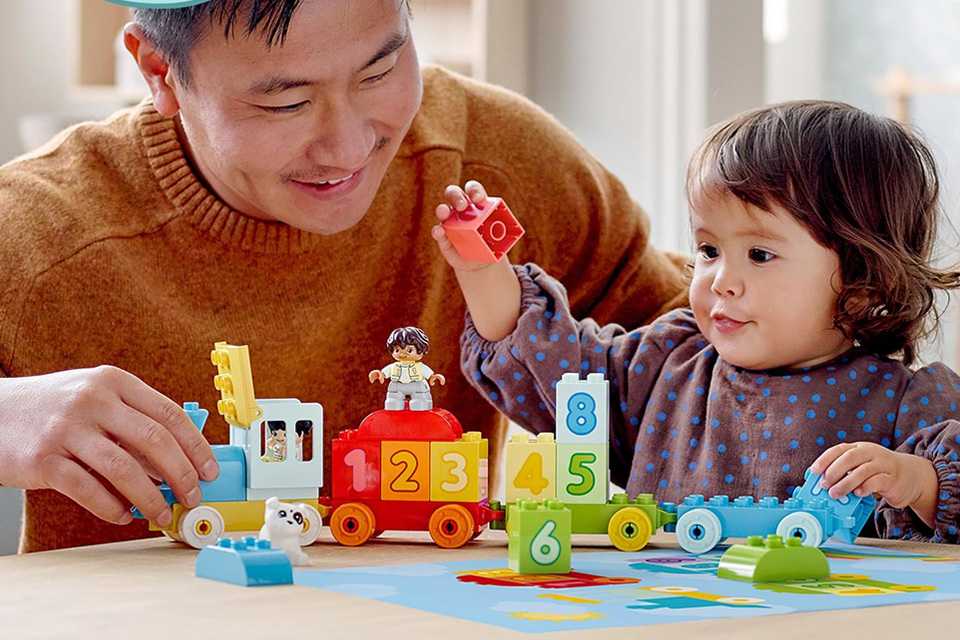

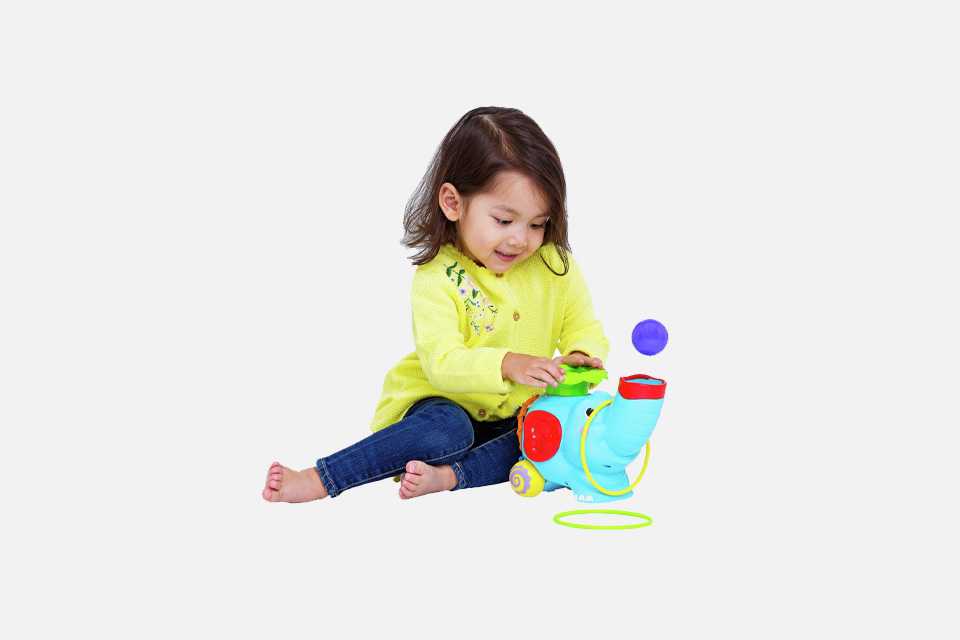

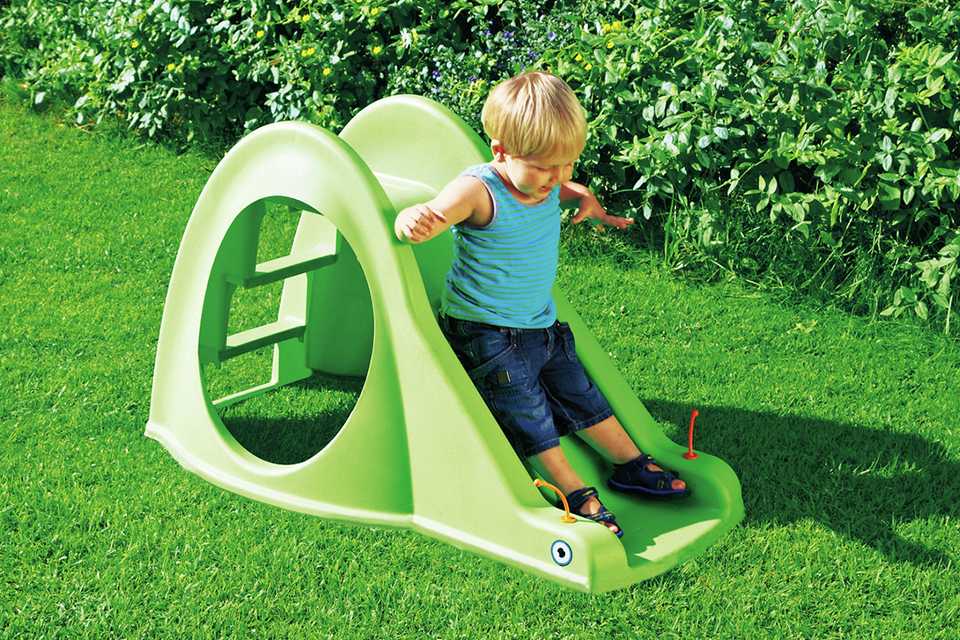
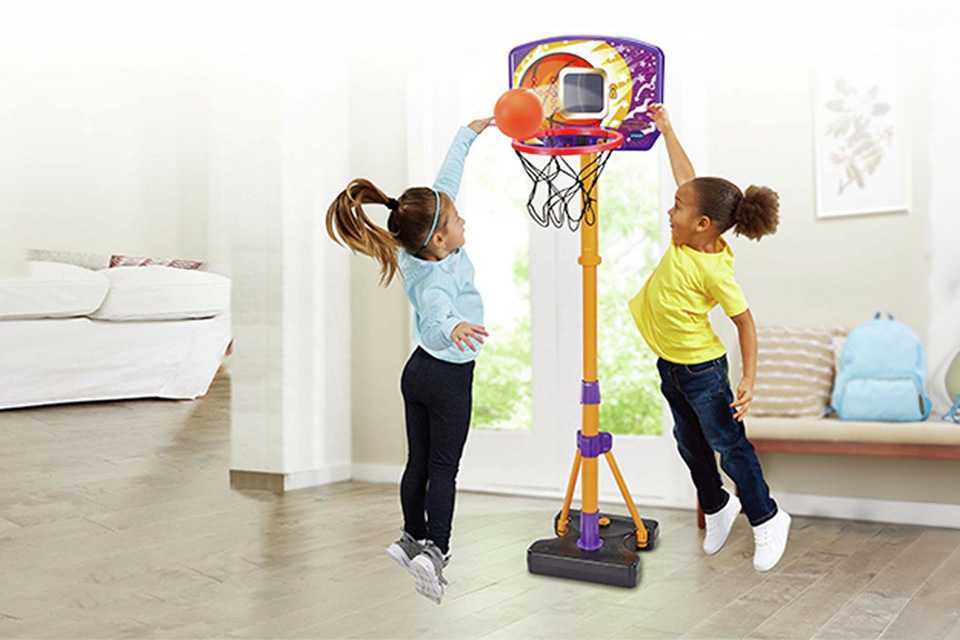
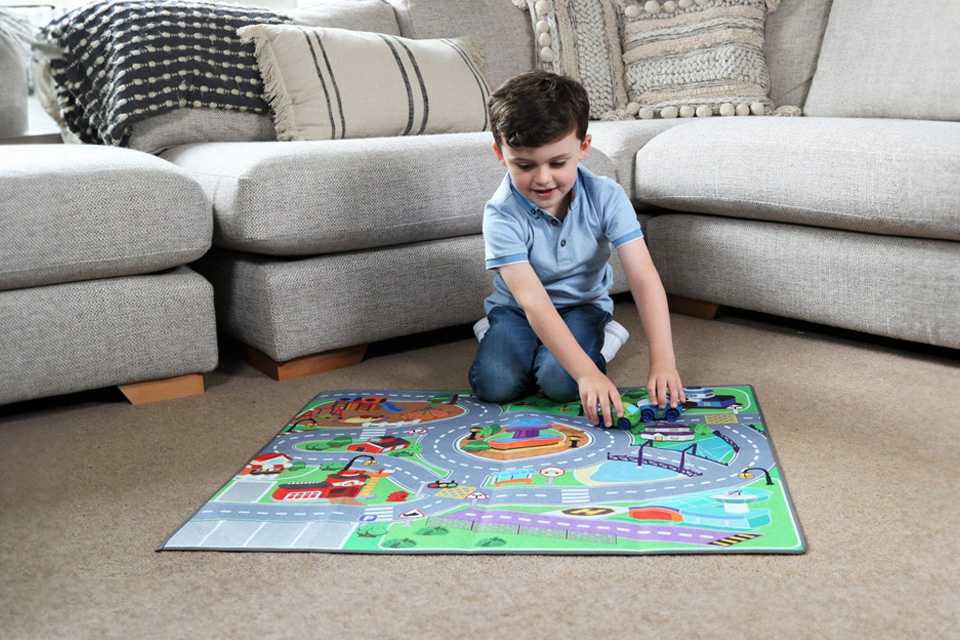
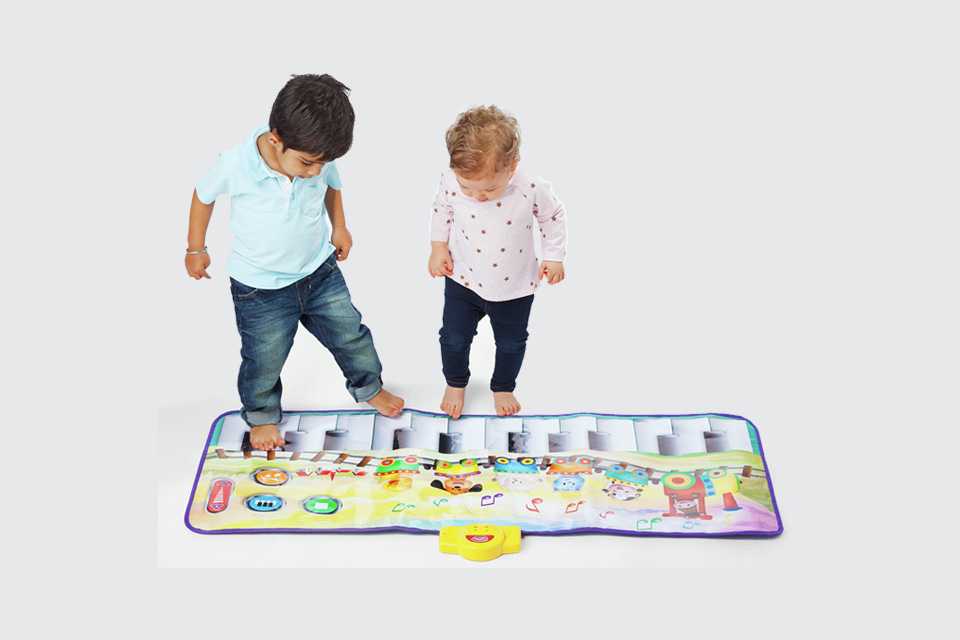
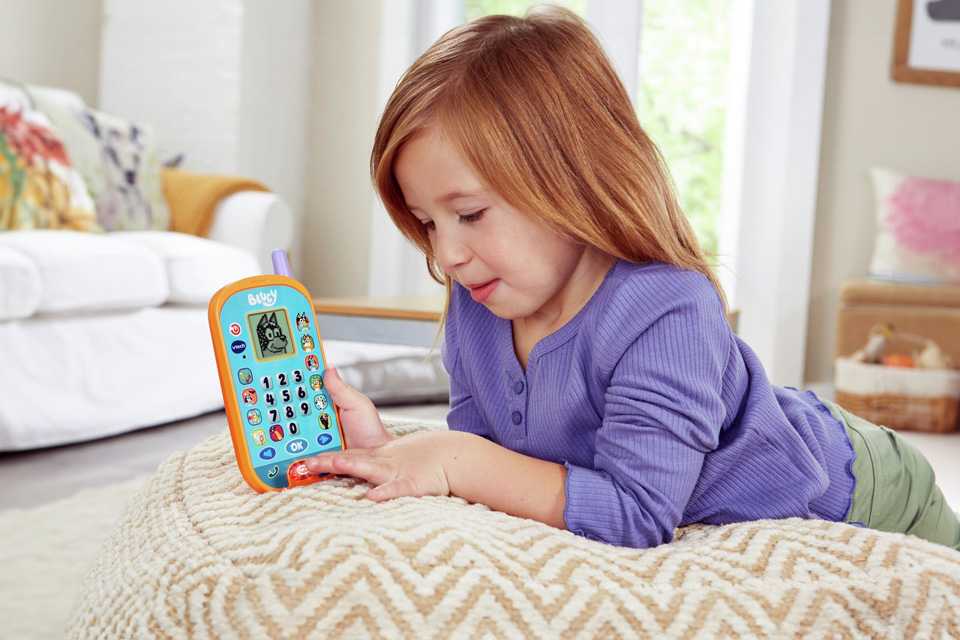
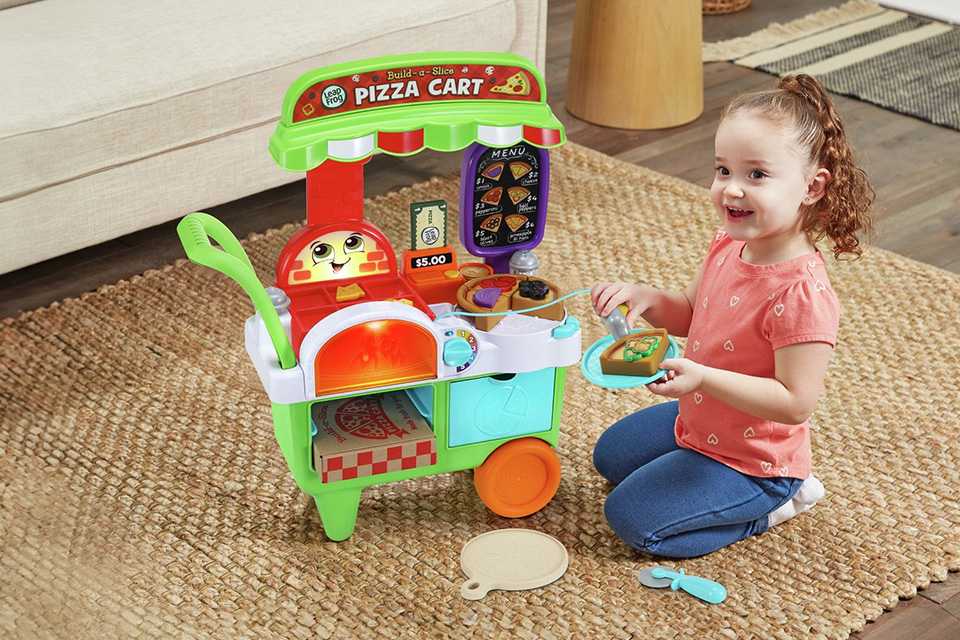
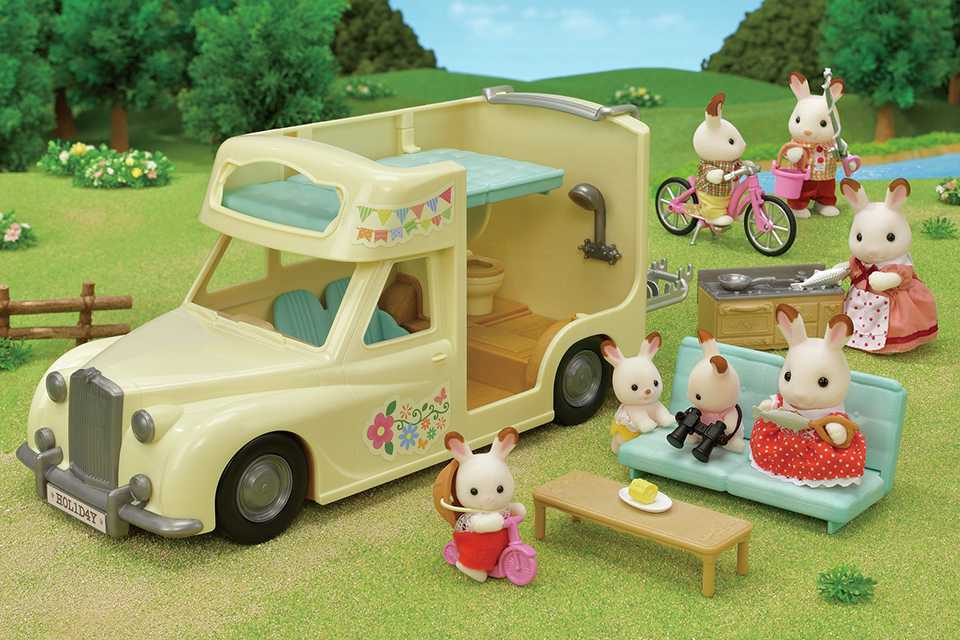

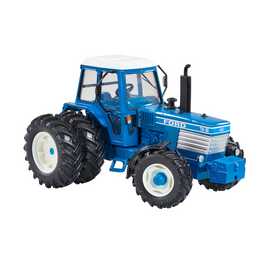

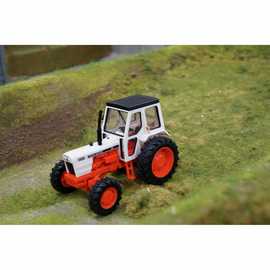
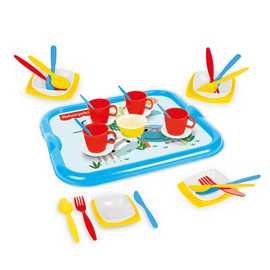
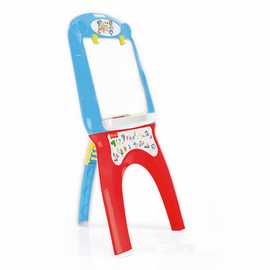
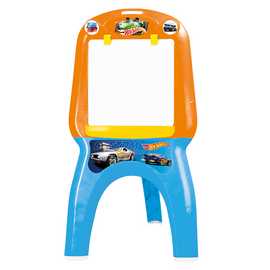
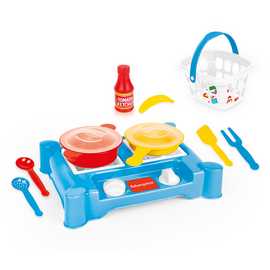
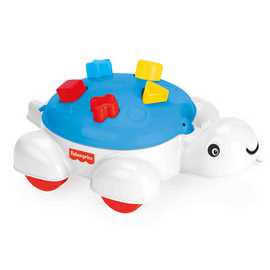
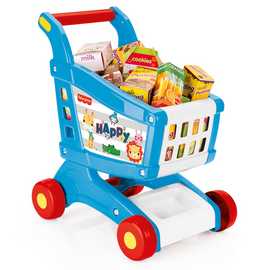
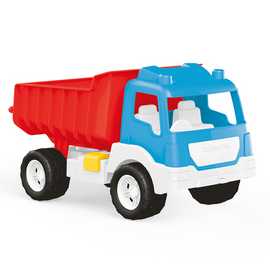
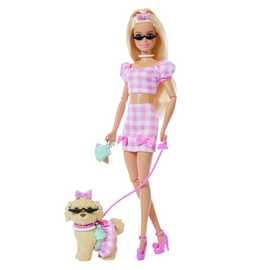
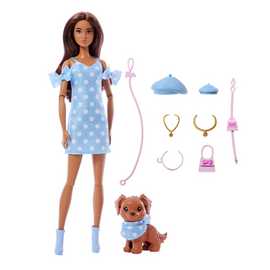
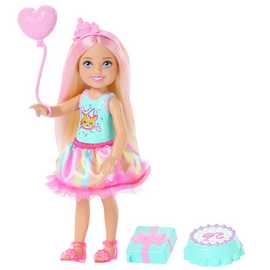
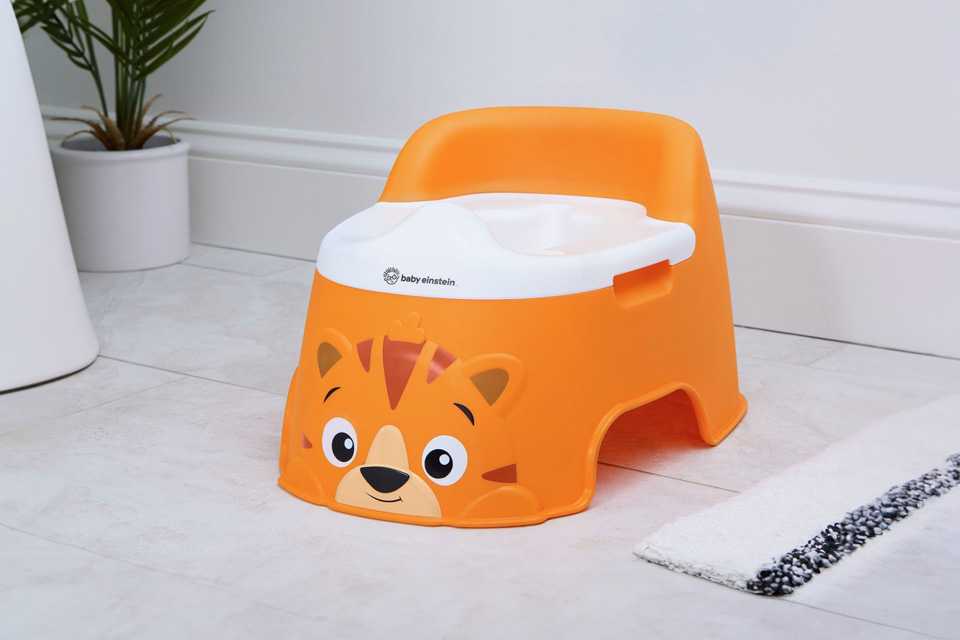
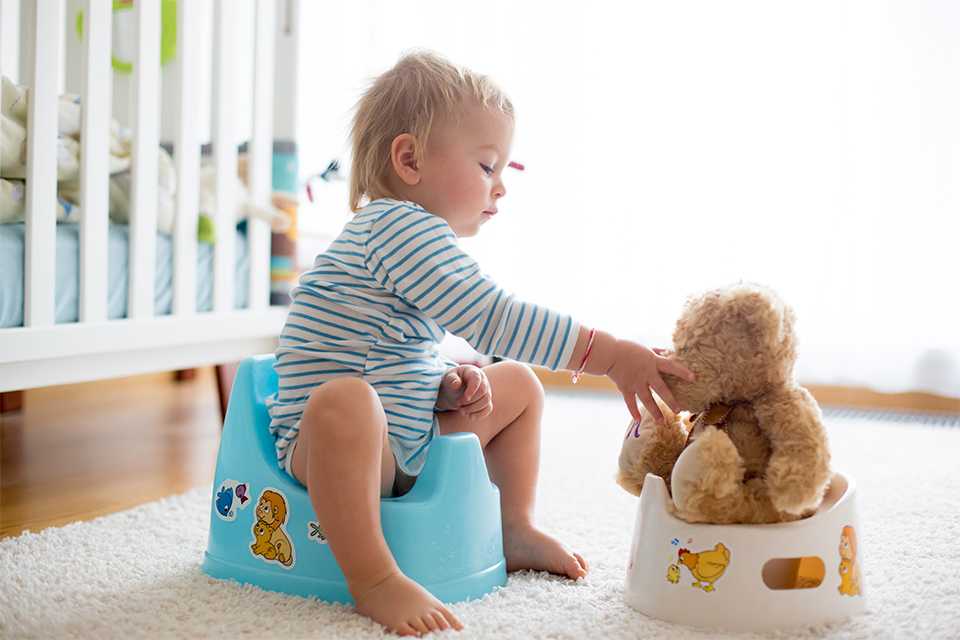
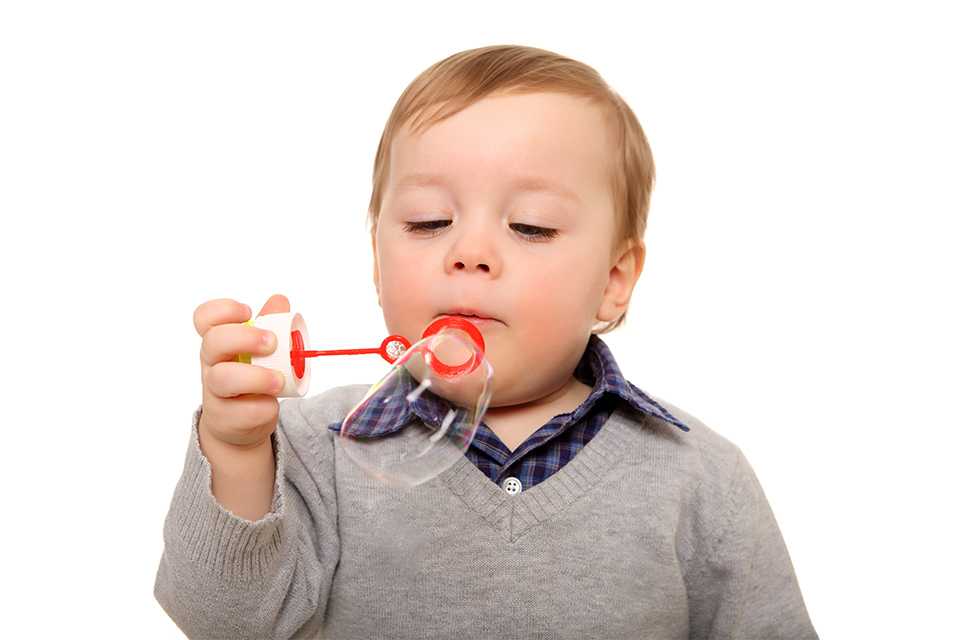
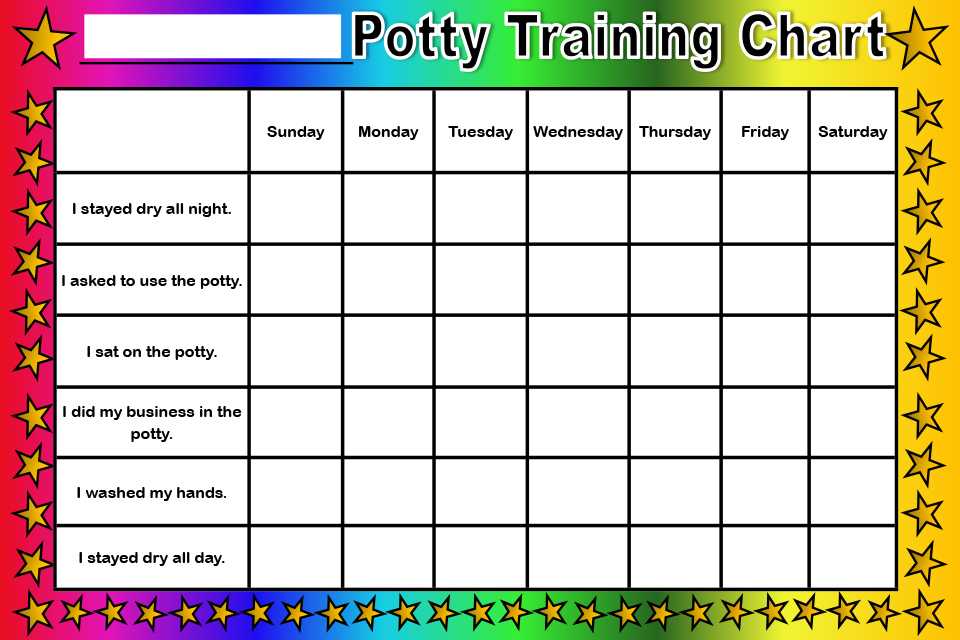
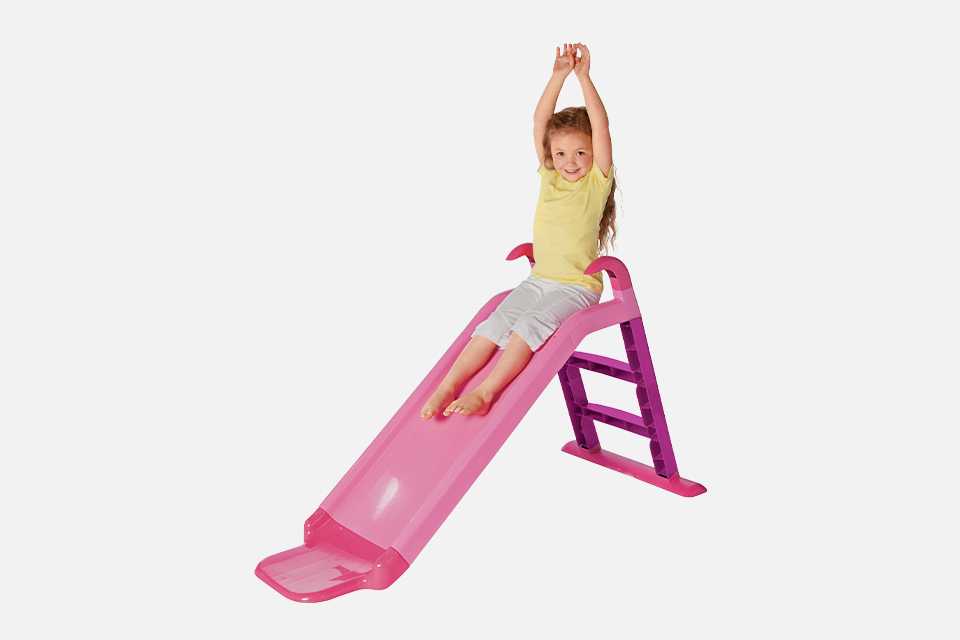
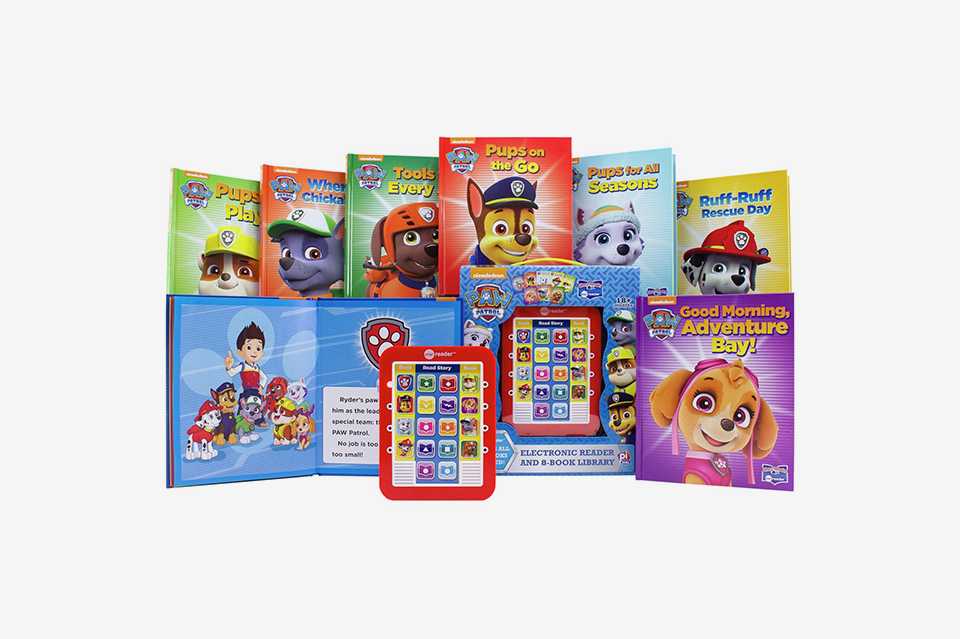
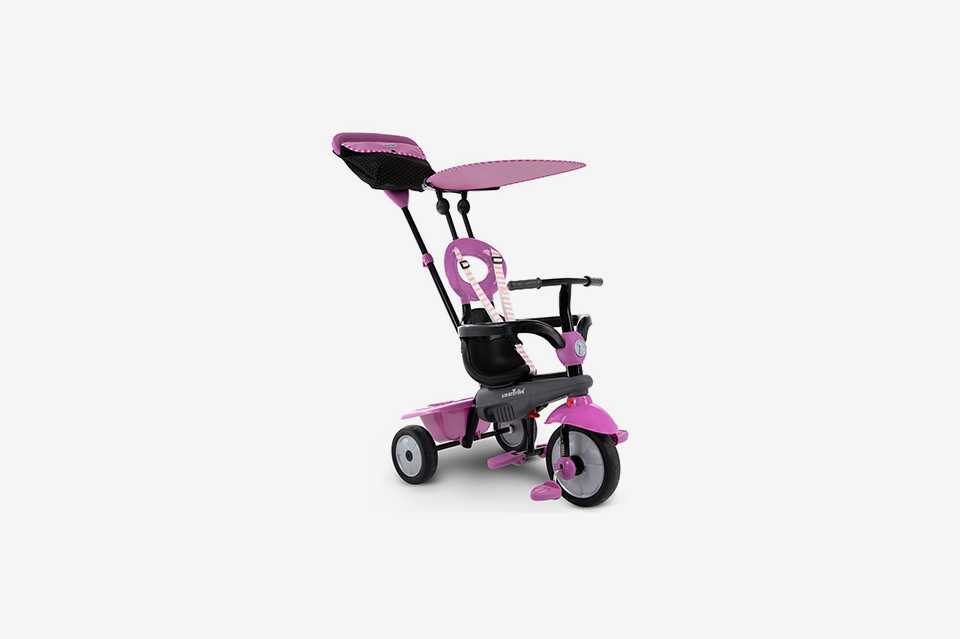
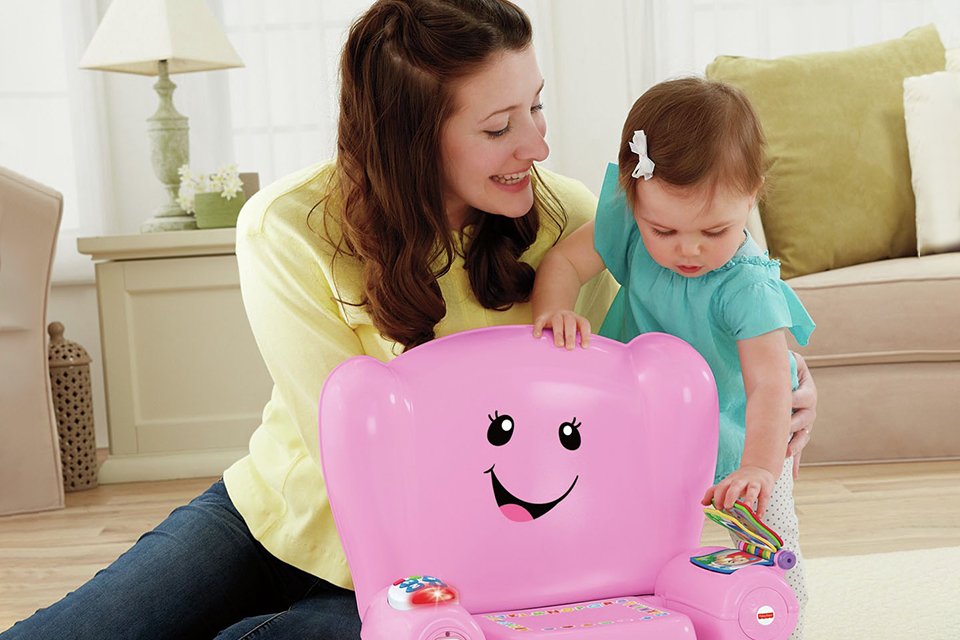?$sfpoi:$sfcenter}&sm=aspect&aspect=2:1&sfcenter=center&sfpoi=poi&qlt=50&fmt=auto&noiser=0&fmt.jpeg.interlaced=true&fmt.jp2.qlt=40&w=600&)
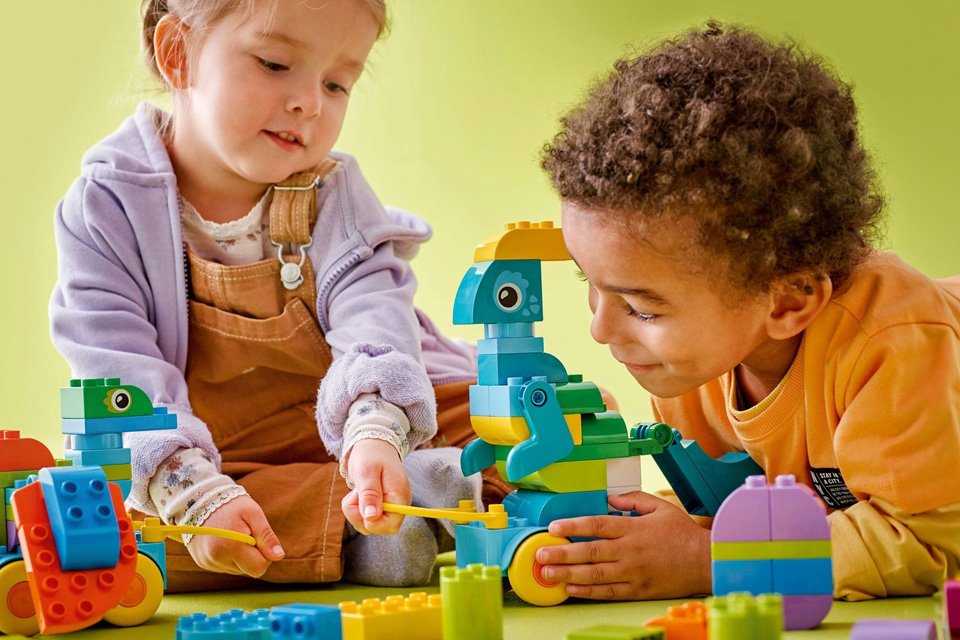?$sfpoi:$sfcenter}&sm=aspect&aspect=2:1&sfcenter=center&sfpoi=poi&qlt=50&fmt=auto&noiser=0&fmt.jpeg.interlaced=true&fmt.jp2.qlt=40&w=600&)
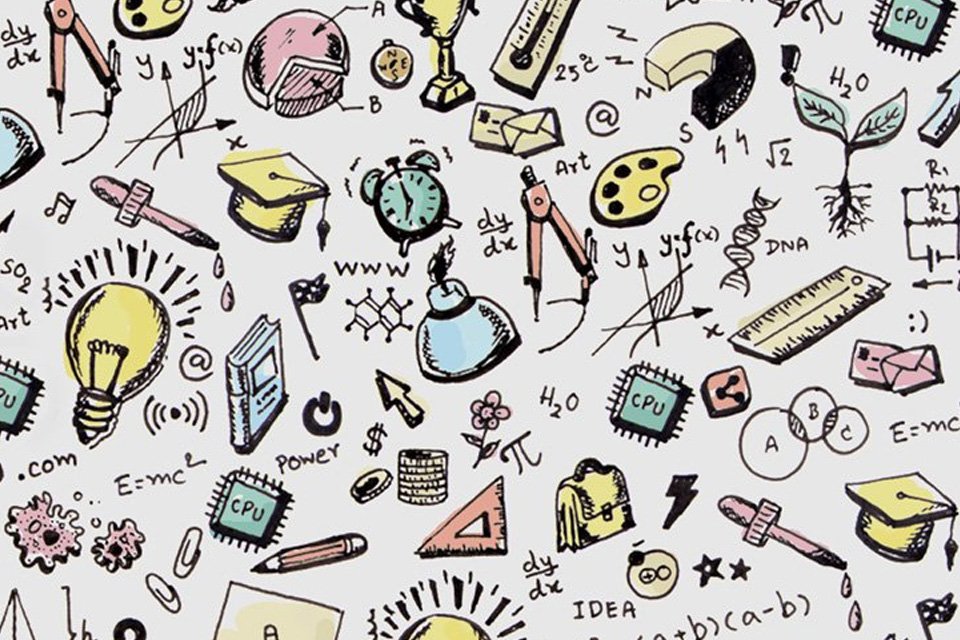?$sfpoi:$sfcenter}&sm=aspect&aspect=2:1&sfcenter=center&sfpoi=poi&qlt=50&fmt=auto&noiser=0&fmt.jpeg.interlaced=true&fmt.jp2.qlt=40&w=600&)
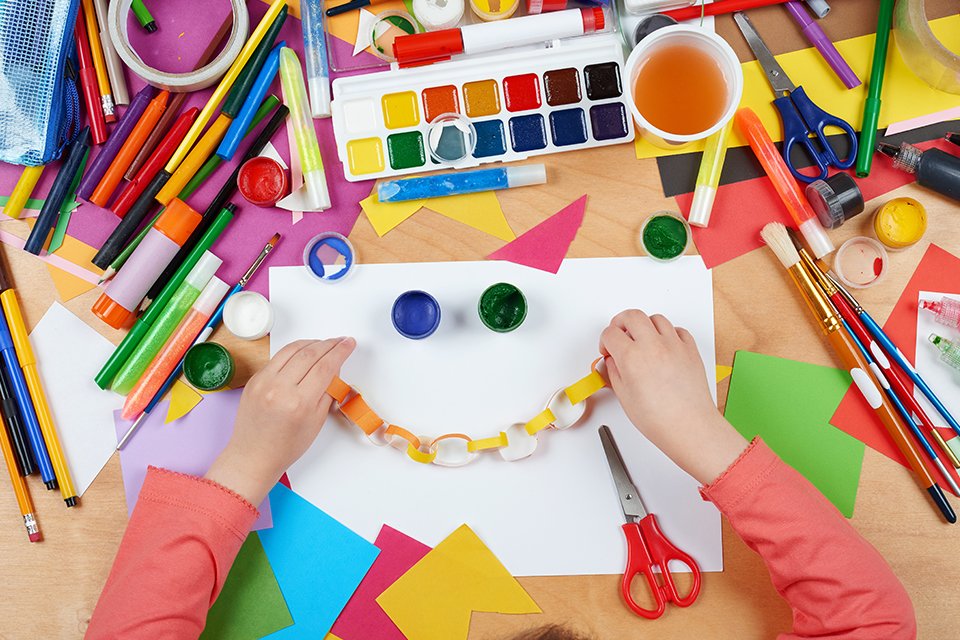?$sfpoi:$sfcenter}&sm=aspect&aspect=2:1&sfcenter=center&sfpoi=poi&qlt=50&fmt=auto&noiser=0&fmt.jpeg.interlaced=true&fmt.jp2.qlt=40&w=600&)